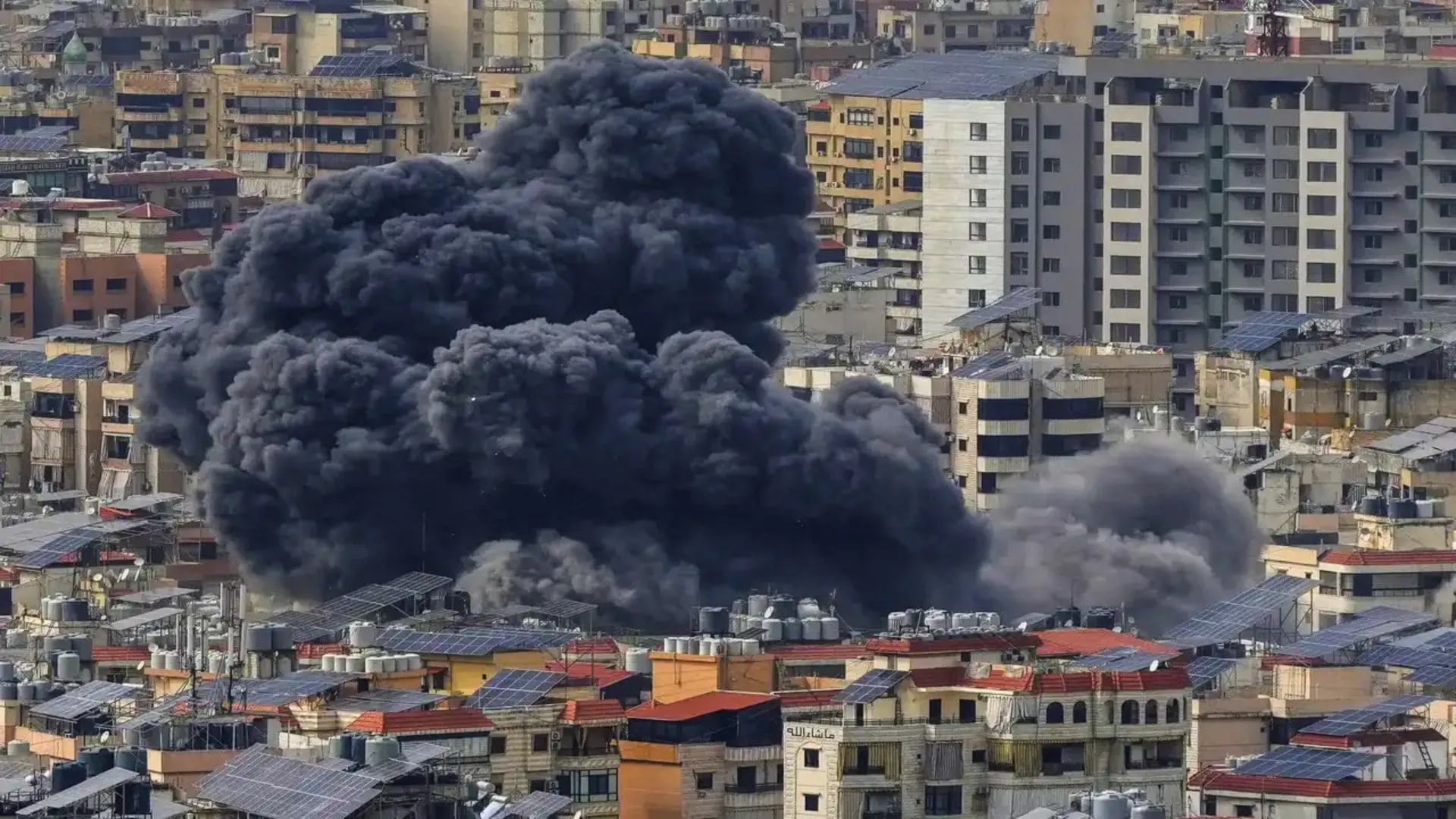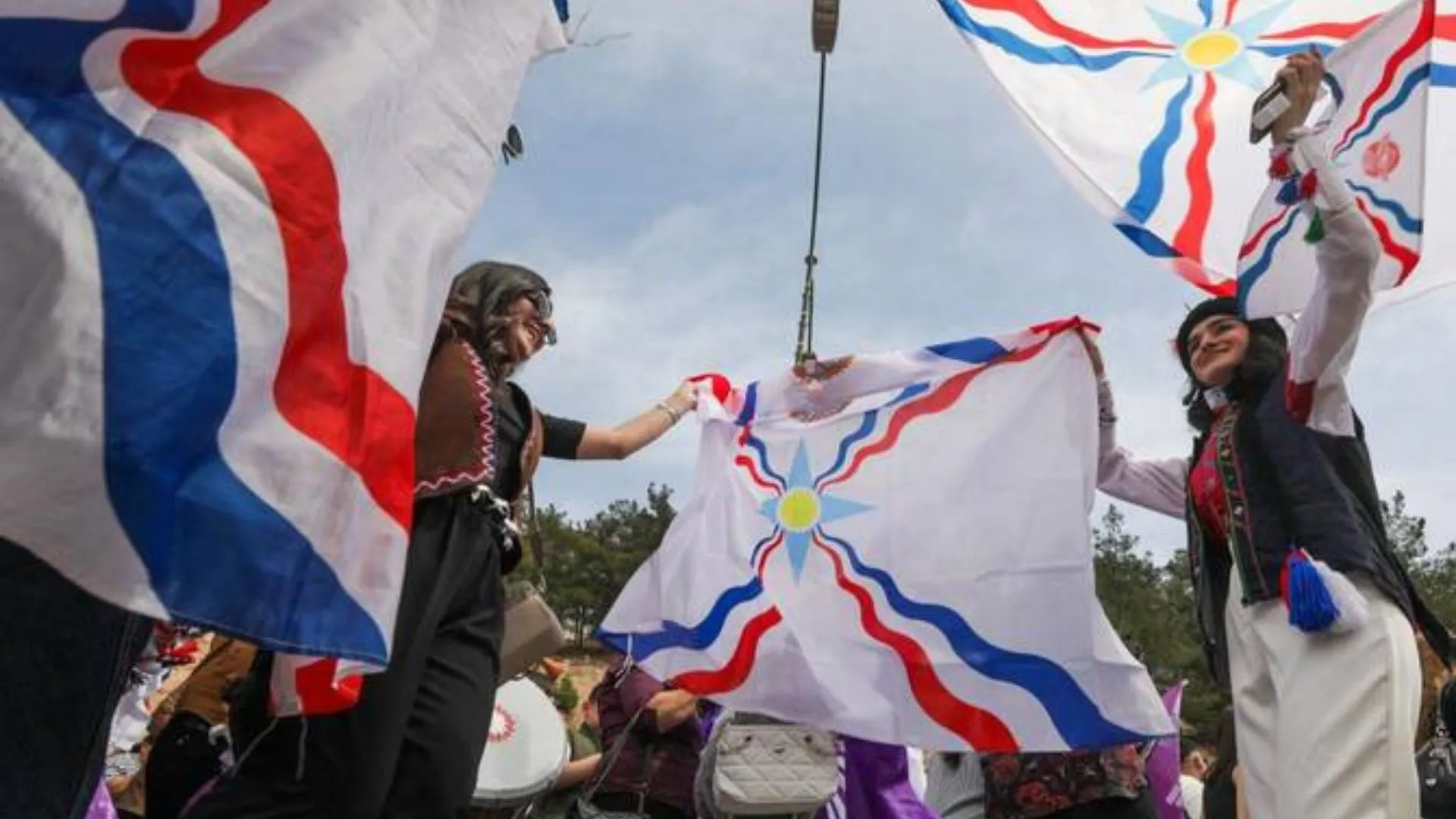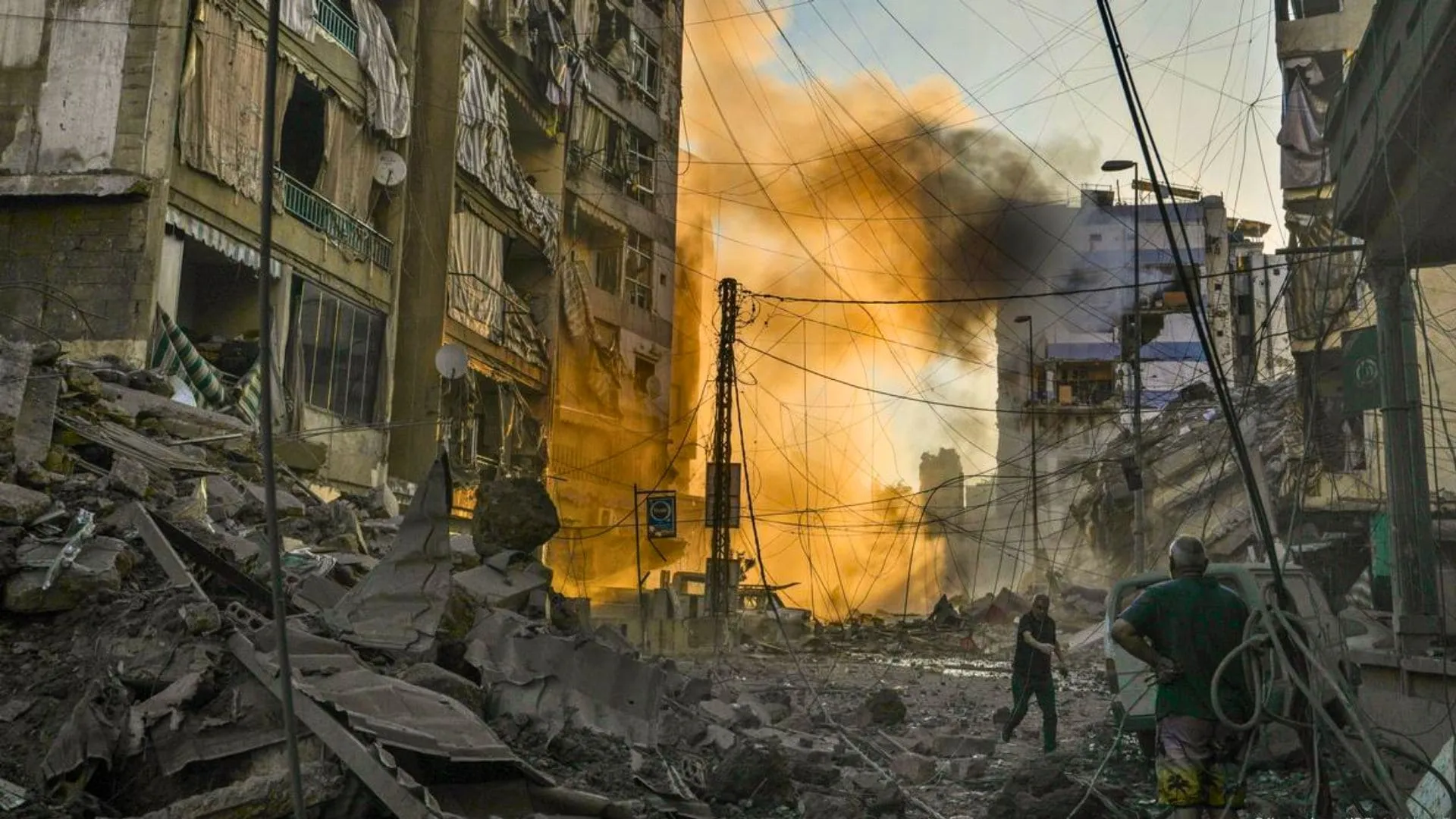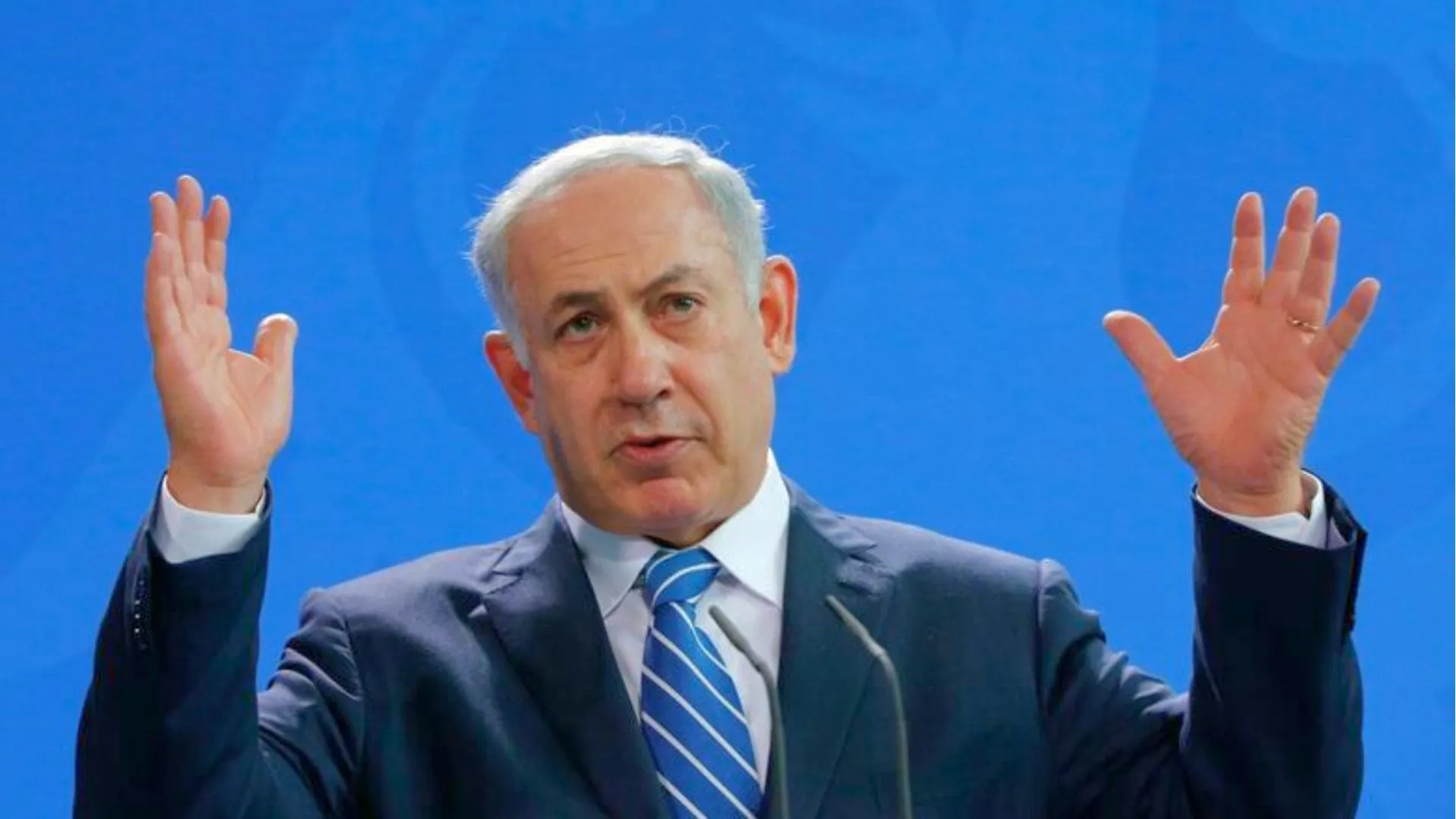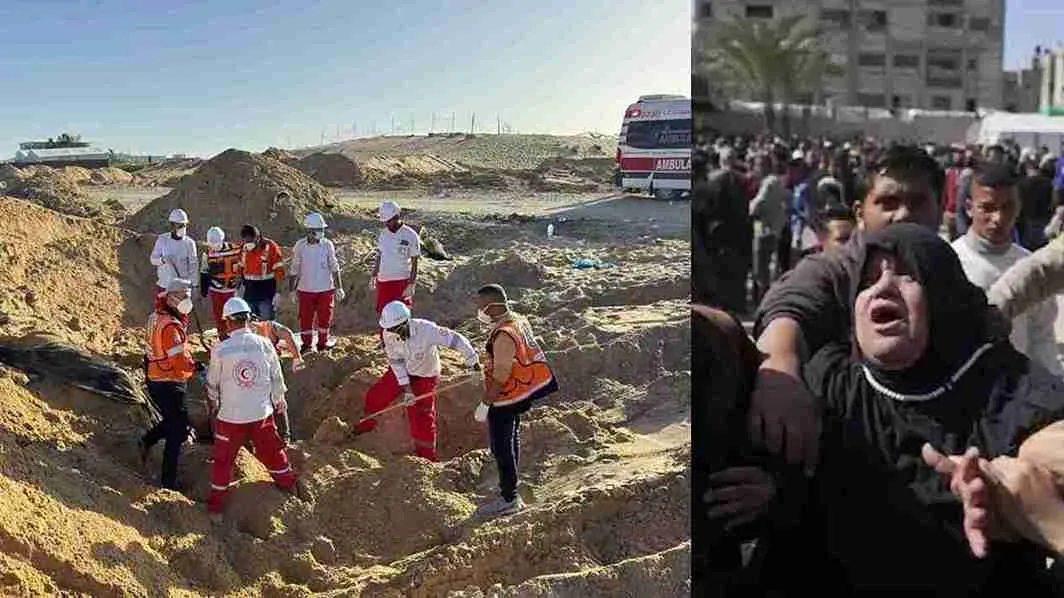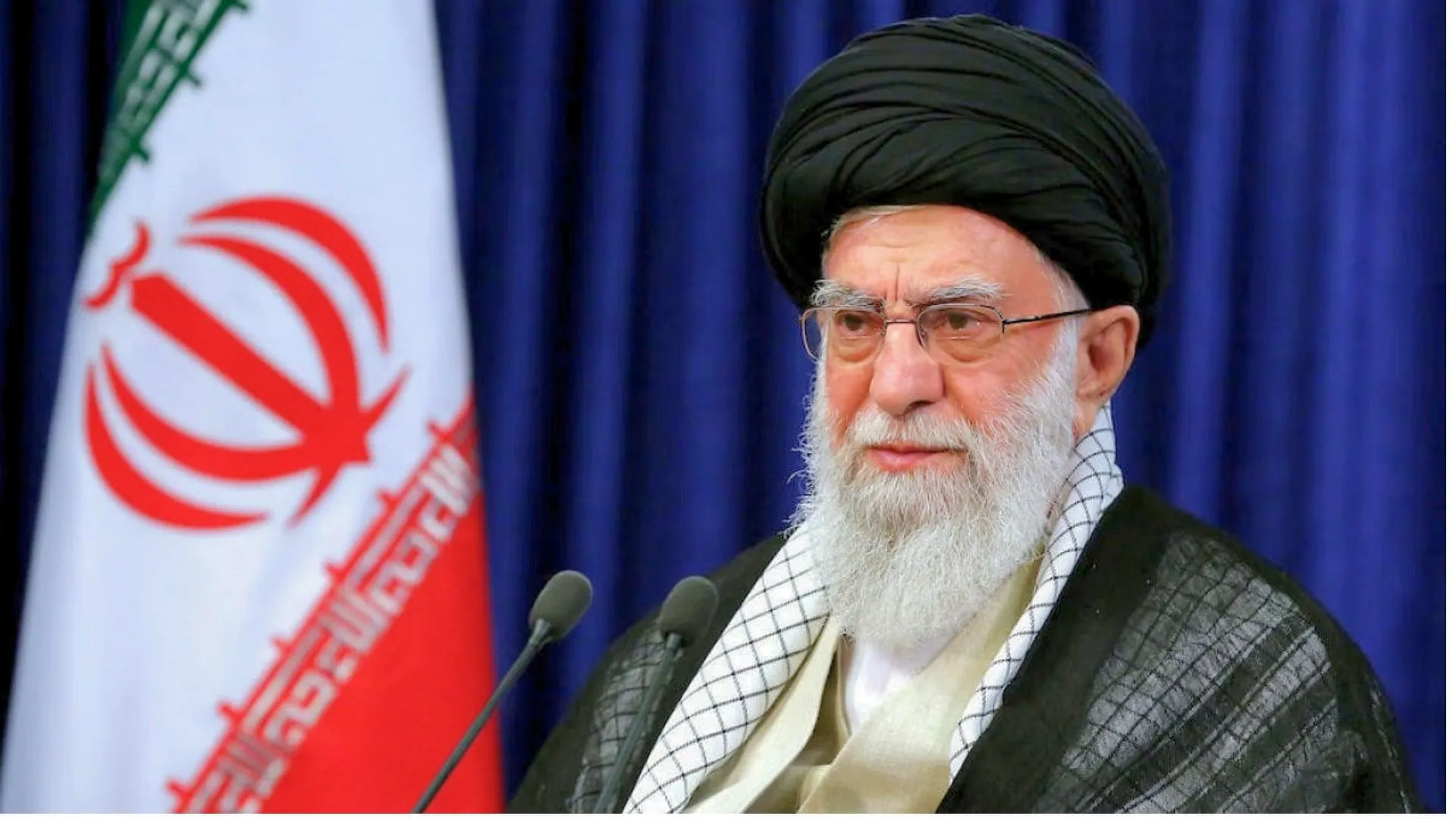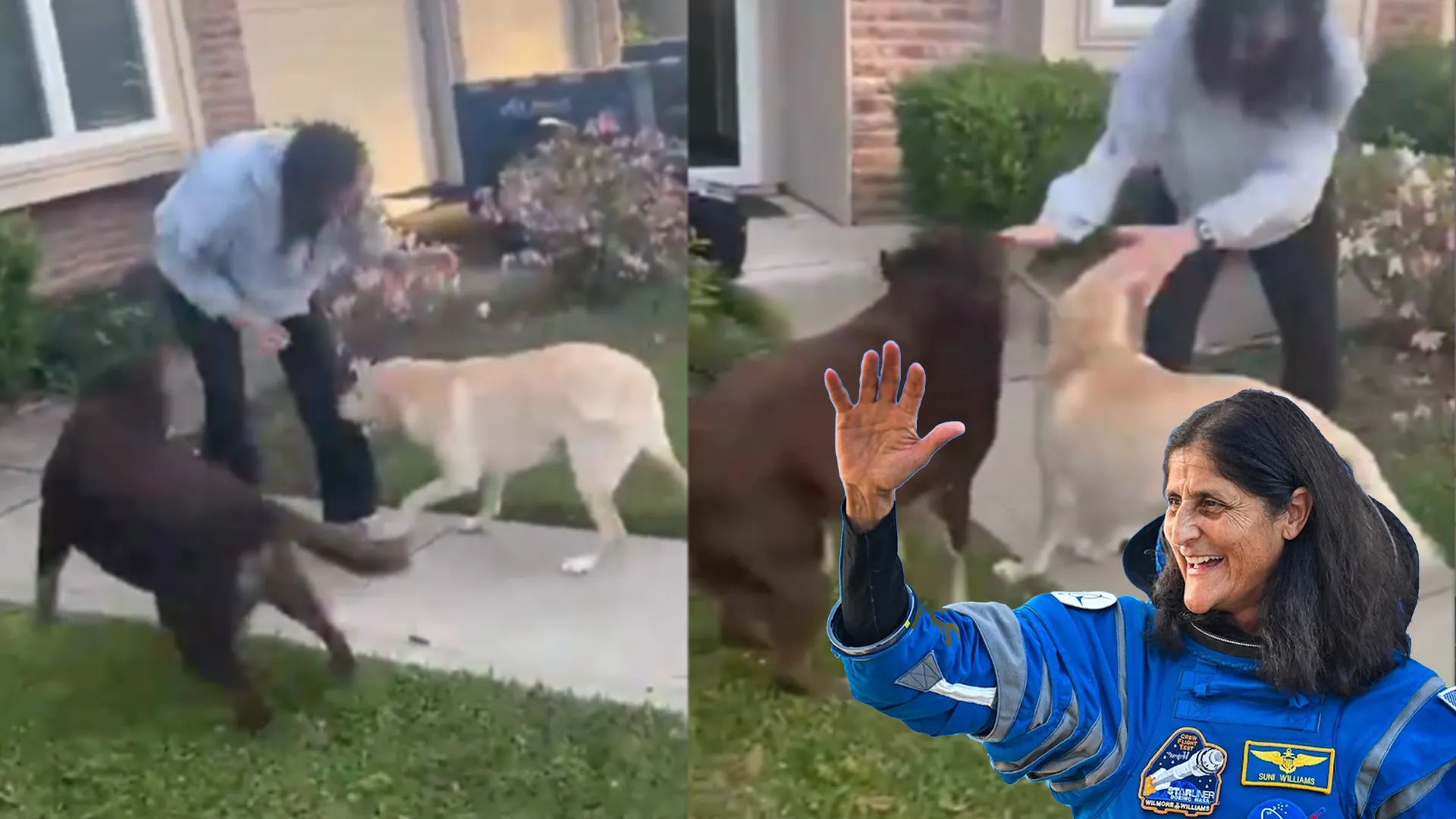Israel launched a major airstrike on Beirut’s southern suburbs early Friday, targeting a facility it claimed Hezbollah used for drone storage. This marked the first significant Israeli attack on the Lebanese capital in months and signaled growing tensions amid an already fragile ceasefire. The strike followed a rocket attack from Lebanon, though no group has claimed responsibility.
Ceasefire Under Pressure as Attacks Escalate
The targeted building was located in Dahiyeh, a known Hezbollah stronghold. Israel’s military stated that it conducted three warning drone strikes before launching the main attack, giving civilians time to evacuate. However, the evacuation order caused widespread panic, with residents fleeing on foot and streets becoming gridlocked.
Since the November ceasefire agreement, tensions have simmered. Israel delayed its promised troop withdrawal in January and recently intercepted rockets fired on March 22. It responded by bombing southern Lebanon, accusing Hezbollah of violating the agreement. Hezbollah has denied involvement in these attacks.
The renewed violence in Lebanon comes as Israel intensifies its military operations in Gaza, following the collapse of a separate ceasefire with Hamas. The conflict has heightened fears of a broader regional war.
Global Reaction and Concerns Over Renewed Conflict
The airstrike rattled Beirut, sending thick plumes of smoke over the city. In southern Lebanon, Israeli artillery pounded suspected Hezbollah positions near the border. Israeli Prime Minister Benjamin Netanyahu defended the strike, stating that Israel would act decisively against any threat. “We will not allow fire on our communities, not even a trickle,” he declared.
Lebanese President Joseph Aoun criticized the attack, calling it unjustified. He emphasized that an investigation into last week’s rocket fire found no evidence linking Hezbollah to the launch. The Lebanese army confirmed that it had identified the launch site and was investigating further.
French President Emmanuel Macron condemned Israel’s strike, calling it an “unacceptable violation” of the ceasefire. He urged Israel to withdraw from five positions in Lebanese territory still under its control. The United Nations Special Coordinator for Lebanon, Jeanine Hennis-Plasschaert, warned that further escalation could have devastating consequences for civilians on both sides.
The November ceasefire aimed to remove Hezbollah fighters and weapons from southern Lebanon while ensuring an Israeli troop withdrawal. However, both sides have accused each other of failing to uphold the agreement. With the situation rapidly deteriorating, fears of a renewed full-scale conflict continue to mount.

